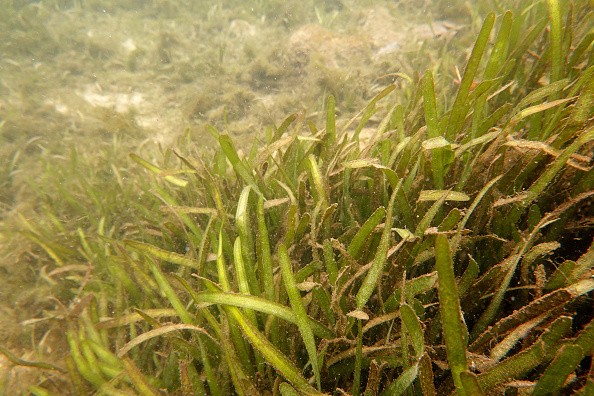According to a recent study, marine heatwaves are responsible for significant economic losses and experts suggest worldwide action is needed. These actions are to mitigate the effects of severe warming events on ocean life.

Marine Heatwave
Extreme weather events are becoming more prevalent due to climate change - and marine heatwaves are not excluded.
Published this week in Science, a paper gives the first global view of the socioeconomic effect of marine heatwaves.
The study was led by scientists from the Marine Biological Association (MBA) in the United Kingdom and Associate Professor Alex Sen Gupta from UNSW's Climate Change Research Centre was also involved in the study.
It was discovered that the ecological effects of marine heatwaves frequently brought about significant economic losses and broader societal effects around the world.
A/Prof. Sen Gupta said: "The global annual number of marine heatwave days has risen by 54 percent over the past century, with eight of the 10 most extreme marine heatwaves ever recorded occurring after 2010."
The researchers looked at biological reactions to 34 marine heatwaves. Those heat waves occurred throughout all major ocean basins resulting in certain socioeconomic consequences.
Also Read: Water Temperature Continues to Rise with Ocean Fever; Climate Change Worsens the Situation
The Discovery
They discovered that the majority of events caused the extinction of fisheries. It also led to the destruction of kelp forests or seagrass environments, and mass animal mortality. They eventually led to enormous economic losses across numerous sectors.
Lead author, Dr. Katie Smith from MBA said: "We found that economic losses of single marine heatwave events to date exceed US$800 million in direct losses and additional, substantial indirect losses."
During a marine heat wave, ocean temperatures may rise to the point that certain species get stressed or die.
The report also demonstrated that there were some advantages to marine heatwaves. Such advantages include greater leisure options or fishing chances. This is possible since certain significant species shifted their geographic range in response to warming.
Ocean Warming
A/Prof. Sen Gupta said: "Some species or populations show little response to heatwaves, and others even respond positively by extending their ranges or proliferating as a result of increasingly favorable conditions or competitive release, so making good management decisions now might actually allow us to derive some economic benefits."
A/Prof. Sen Gupta said many aquaculture and fisheries have been greatly harmed by heat waves in recent years. It has become a hotspot for ocean warming. Also, it causes temperatures to rise at a rate of two to three times that of the world average.
The forthcoming COP26 conference in Glasgow, according to A/Prof. Sen Gupta, is a good opportunity to improve that dialogue about finding solutions to the problem which heatwaves have imposed on the ecosystem.
A/Prof. Sen Gupta also said that COP26 will be a climatic meeting when the globe will define the course for how much longer temperatures will rise. This will decide the extent of the harm inflicted by marine heatwaves in the next decades.
For more news, updates about heat waves and similar topics don't forget to follow Nature World News!
© 2025 NatureWorldNews.com All rights reserved. Do not reproduce without permission.





